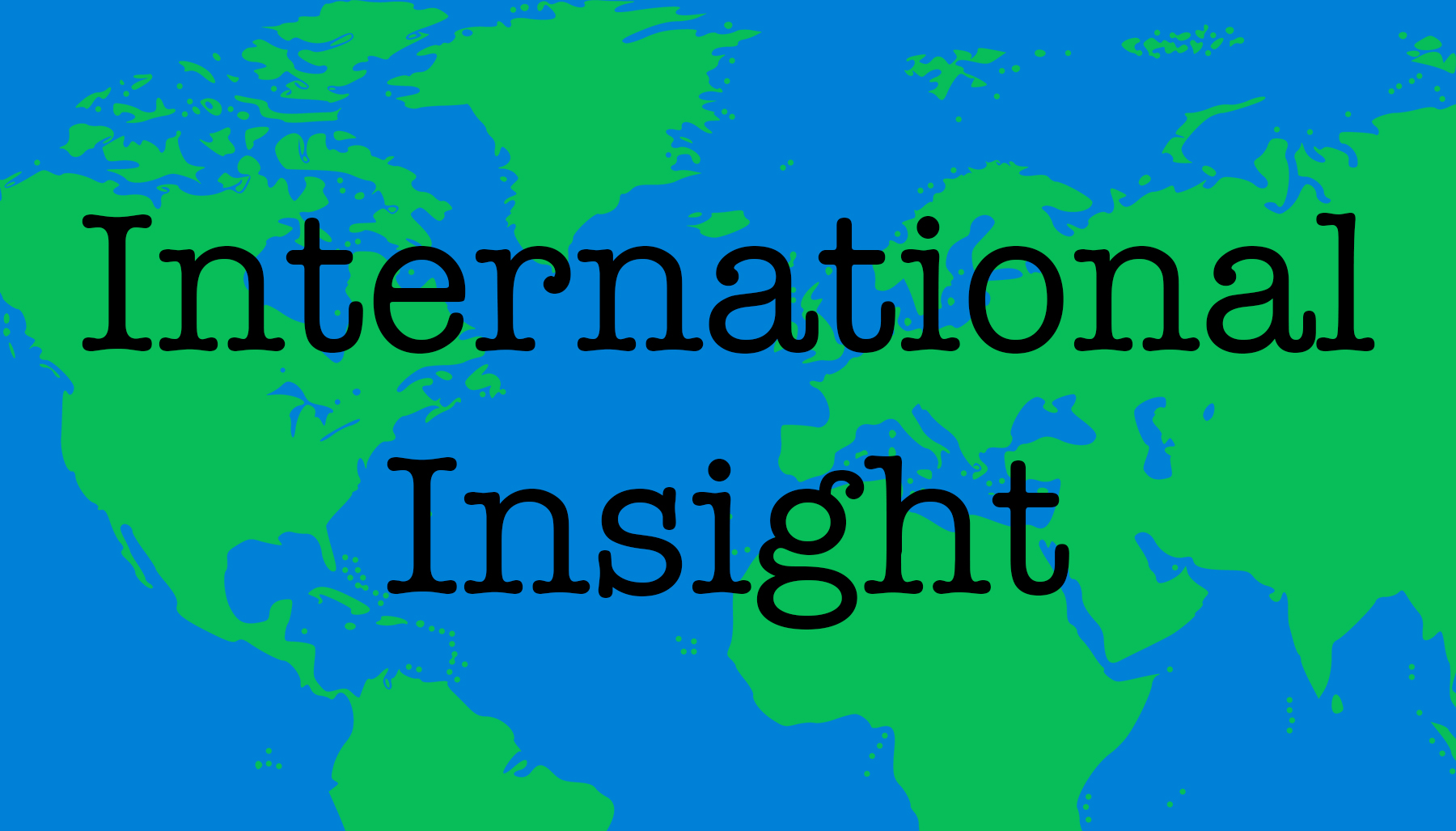
Brexit: Disaster then, disaster now
By: Connor McNairn, Columnist
In February 2016, then-British Prime Minister David Cameron announced that on June 23, the people of Britain would, by process of referendum, have the opportunity to determine whether Britain would remain in or leave the European Union (EU). The EU, though formally created in 1993, is the product of a decades-long struggle (beginning at the conclusion of WWII) endured by European states to better integrate their respective political and economic backgrounds into a more cohesive Europe.
Cameron, though Prime Minister and the announcer of the referendum date, was not necessarily in favor of holding the referendum in the first place. But high-ranking MPs, in favor of a more independent Britain, pushed Mr. Cameron toward issuing a referendum.
In essence, Brexit can be analyzed from a relatively simple perspective. For those who wish to remain in the EU, the costs of remaining, which include abiding by EU-established immigration policies, economic procedures, budgeting and others do not outweigh the benefits of membership.
As members of the EU, Britain presently evades a number of arbitrary and harmful tariffs throughout Europe that might otherwise hinder its ability to participate in global economy. What is more, as a member of the EU, Britain also enjoys joint representation on the international stage: the British foreign secretary represents the U.K., and the EU high representative also represents the U.K. through the EU lens.
But to those who wish to the leave the Union, membership costs are simply too high. First, the sum of money contributed by Britons to the EU has continued to increase in tandem with an increasingly strong British economy, thus growing the financial burdens of the average British citizen. Secondly, with respect to immigration, Britons have simply grown tired of acquiescing to the EU’s more liberal immigration policies. Britons, as “Leavers” (those who wish to leave the EU) see it, have the right to refute encroaching economic and immigration burdens.
Key Brexit advocates, however, sold British voters a false bag of goods. Key politicians like former mayor of London Boris Johnson, MP Nigel Farage and even current Prime Minister Theresa May have promised Britons that the benefits enjoyed with EU membership are also attainable for an independent Britain.
These claims, however, have proved heinously false. There is, for example, no foreseeable way for Britain to enjoy the myriad benefits offered by EU membership while simultaneously enforcing its own independent border restrictions and ignoring EU regulations in realms economic and political. Moreover, Leave advocates have also touted that, after leaving the EU, Britain can renegotiate trade deals with Brussels while also abiding by World Trade Organization (WTO) regulations. There is, however, no sign that Brussels would be willing to extend such an olive branch, as current EU trade benefits do come with costs.
The ongoing Brexit saga will be one that remains at the fore of British and European political conversation for months, and potentially years, to come. Presently, the U.K. faces a difficult predicament. On March 29 of this year, the Brexit deadline will go into effect. May has not yet secured a deal from Brussels that has proved acceptable to members of Parliament; in fact, just last week, May’s most updated deal was defeated by a historical margin.
If the U.K. fails to orchestrate a deal before the March 29 deadline, a “Crash-out” Brexit, one that has no formalized exit strategy, will go into effect, hurling British economy into an unregulated and ambiguous state.
The British government can, however, still present the people with a new referendum on leaving the EU. This strategy, while trumpeted by Labour MPs, has also been criticized by conservative leaders, as it appears to undermine the original democratic foundation of the Brexit referendum two years ago.
The Brexit process is one that global citizens should be following closely. Derived from it are critical lessons in the dangers of referenda and political dishonesty. What happens in the next two months could feasibly reshape the European political and economic dynamic; such a restructuring would, no doubt, also impact states abroad, including our own.

